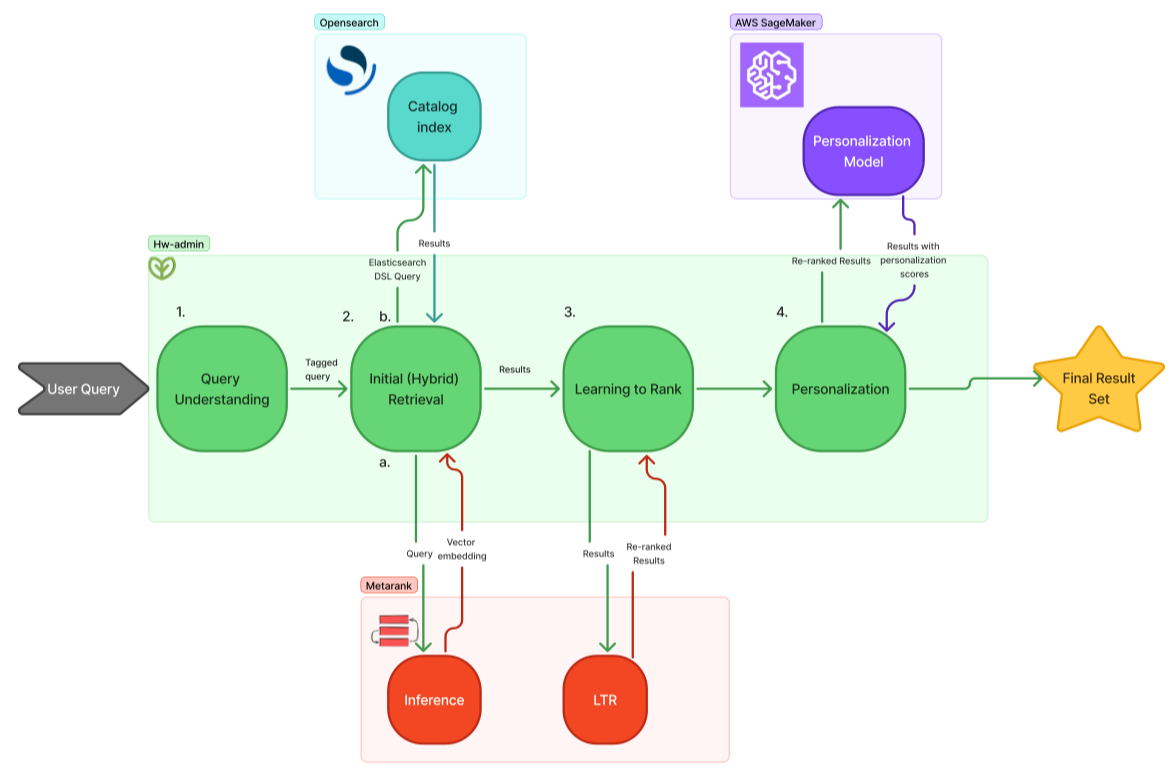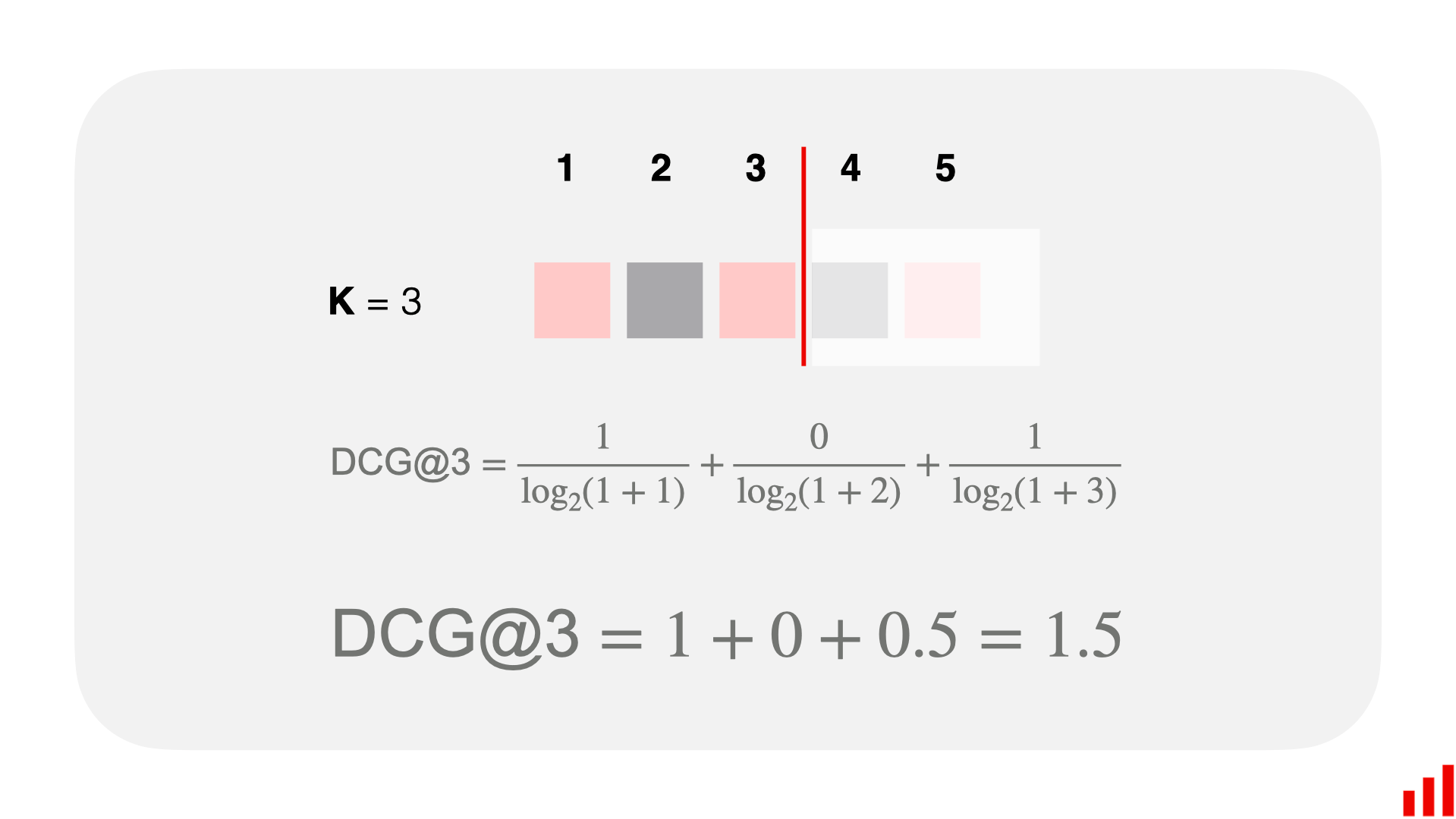Developing a Modern Search Stack: An Overview
Authors
Date Published
Share this post
Over the past 18 months, Fullscript has made significant investments in improving the search experience for our users. The transformation has been huge, moving from a simple Elasticsearch-only search stack to a multi-component, modern stack. With each iteration, our metrics improved, and our users noted that they were seeing more relevant search results.
To give back to the community that we have learned so much from, we’re publishing a series of articles about how we developed our modern search stack.
- Explaining search metrics
- Optimizing Elasticsearch’s Boost Values
- Learning-to-Rank with Metarank
- Improving precision with NER
- Improving recall with vector search (coming soon)
- Personalizing results for our users (coming soon)
You don’t need to read these articles in this order. They’ve been ordered like this to match our development, and they will reference previous articles. When building your own search stack, you should prioritize your development based on where the greatest improvements can be added, which might differ from ours.
Below is a diagram of our current (as of the time of writing) search stack. We’ll go through each of these steps and services in detail to help you understand how they can be developed and relate to each other.

Share this post
Related Posts

Developing a Modern Search Stack: Search Metrics
Describing search metrics that are important when building and evaluating a search engine (precision, recall, & NDCG)

Developing a Modern Search Stack: Optimizing Elasticsearch’s Boost Values
Using Quepid and Optuna to optimize the boost values for your Elasticsearch query and improve your NDCG